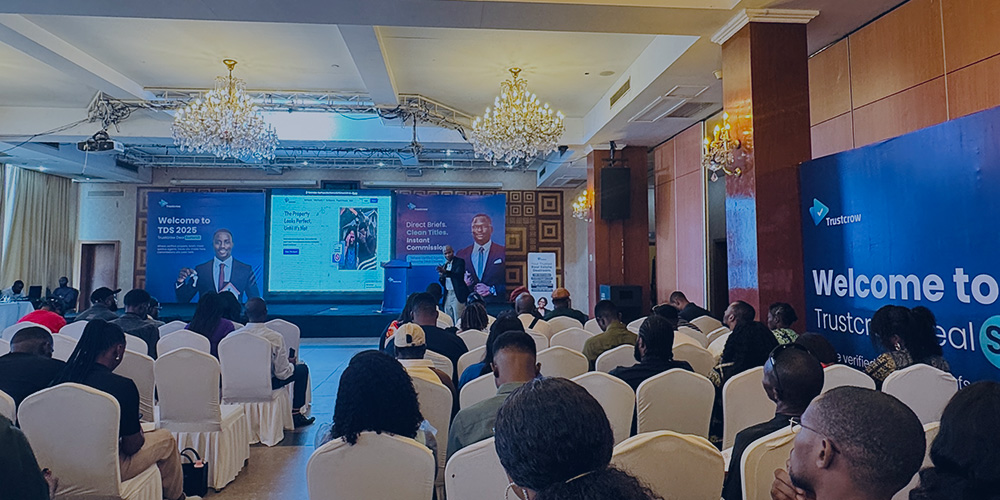Introduction
Buying your first home is a big deal. And in Nigeria, it can feel even more overwhelming. From unclear titles to shady agents, there is a lot to navigate. This checklist breaks it all down into 3 simple phases to help you go from dreaming about your home to getting your keys – the smart way.
Phase 1: The Planning Stage
This is where the vision starts to get real.
- Define Your Dream Home & Ideal Neighborhood:
- Set a Realistic Budget;
- Get the Right Real Estate Professionals:
What kind of home suits your lifestyle? Flat or duplex? Gated or non-gated community? Think location, road access, security, and proximity to work, school, and places of worship.
Also carefully consider road access and if the area is prone to flooding, especially during the rainy season. Power and clean water supply should also be assessed. If these are inconsistent, then you may need to budget for higher running costs; for instance trucked water and diesel power (though solar power is a viable alternative). Don’t overlook the issue of security and if the neighborhood is safe enough for you to feel comfortable moving around early in the morning or late at night.
These practical concerns can make all the difference when choosing a place to call home. Your ideal home must match both your lifestyle and long term goals.
It’s not just about the purchase price. Factor in legal fees, inspection costs, agency commission, and title registration costs. Total transaction costs are typically between 5% and 10% of the purchase price. Also factor in possible renovations, furnishings, appliances, and have some extra cash for miscellaneous expenses.
The right support team is essential. You will need a verified real estate agent, a property lawyer. If you are buying land, you will need a land surveyor. Trustcrow Sales Advisors are specialists in different core regions and are experienced to guide you through your process from start to finish.
Phase 2: The Searching Stage
Now it’s time to hit the market eyes wide open.
- Get The Right Fact:
- Don’t get distracted by fancy captions and pictures online. When inspecting a property, ask the right questions: What’s the actual delivery timeline? How long has it been on the market? Is the price negotiable? Is there any warranty or after-sales support? If it’s an existing home, talk to a neighbor or two – they can be a great source of information about the property and neighborhood. This could potentially be your long term residence, so take your time to properly research the property. Trustcrow’s real estate advisors are also available to help you with this.
- Conduct Due Diligence and background checks:
- Check that the property truly belongs to the seller and that there are no legal issues tied to it. Request for a title search, which confirms if the seller truly owns the property and whether it’s free from legal issues like government acquisition. Is the land excised or gazetted? Are there pending disputes? Has it been used as collateral for a loan? Are the coordinates on the survey plan correct to ensure you are not buying another property on paper? If you are buying from a developer or doing off-plan, how well do you know the seller? What are people saying about their projects, timeline, and quality of their delivery? How was their previous development? These are critical due diligence steps to carry out before subscribing to their projects. Don’t take chances, use Trustcrow’s Title Search Report to get verified legal information fast. It is your first line of defense against property fraud and other due diligence services to carry out all other types of background checks to avoid spending money on heartbreaks and court cases.
- Do a Home Inspection:
- Looks can be deceiving; that’s why a proper inspection is a must-have. Check for red flags like plumbing leaks, weak roofing, cracked walls, drainage issues, or electrical faults. What’s the water pressure like? Instead of guessing, use Trustcrow’s Inspection Report to get a detailed breakdown of the property’s condition. It helps you avoid costly surprises and negotiate better.
Phase 3: The Closing Stage
- Make an Offer:
- Get a Property Lawyer Involved:
- Exchange Title Documents, Make Payment & Register Your Property:
Don’t just accept the asking price. Negotiate smartly, let your representative carry out market analysis on the going rate of similar properties in the area. If the property has been on the market for a while, find out why and use it to your advantage. Consider using any issues found during the inspection or title search as leverage to negotiate better terms or pricing. Trustcrow sales advisors can help guide you to strike the best deal.
The specialty of a property lawyer is important because they better understand the problems that may arise in a real estate transaction. They can identify real estate specific issues and have connections in the Ministry of Land in the state of practice. The property lawyer vets documents, handles agreements, and ensures processes are legally structured.
To avoid purchasing a property with a cloned title, verify the original document at the relevant land ministry. After executing the purchase contract and the deed of assignment, make payment and get a purchase receipt. To register your property, you need to gather certain documents. For instance in Lagos, if you intend to obtain a Governor’s Consent, ensure to collect an executed Form 1C from the registered owner whose name is on the titled document. Also, ensure the title is transferred to your preferred name. If there are 2 parties involved, ensure both names are written in full. You can also use Trustcrow’s secure custodian services to hold funds in escrow until all legal checks are complete. That way, both buyer and seller are protected.
Don’t rely on memory or sticky notes
Stay organized with our downloadable checklist.




